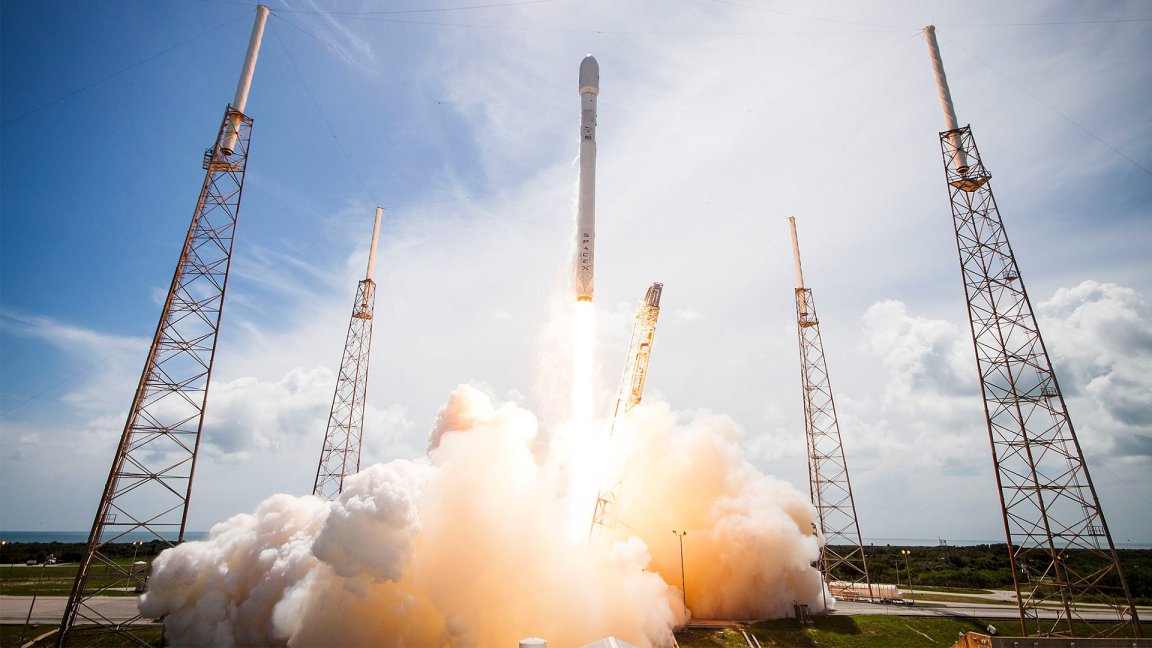
Breaking Barriers
SpaceX has a lot to cheer about. It is in a world of firsts: First company to send a spacecraft to the ISS, first vertical landing by a rocket in orbital trajectory, first vertical landing on an offshore platform. What could they possibly add to this list of firsts?
How about bagging the contract for the first Pentagon satellite competition in more than a decade?
The US Air Force awarded SpaceX an $83 million contract to launch a GPS satellite, breaking the monopoly that the United Launch Alliance has held on military space launches for more than a decade. The launch will take place in May 2018 from Florida atop a Falcon 9 rocket.
United Launch Alliance is a joint venture between Boeing and Lockheed that previously had a exclusive relationship with the military on U.S. military launches. This fixed-price award is the military’s first competitively sourced launch service contract in more than a decade.

Free market freedom
The ULA did not compete for the GPS launch contract, citing several issues, implications of trade sanctions limiting imports of its rockets’ Russian-made engines and SpaceX’s cut-rate pricing.
Back in 2014, ULA was awarded a contract for 26 rocket launches. However, SpaceX CEO Elon Musk believed that he could do it cheaper, and did not appreciate that he didn’t have the chance to bid. Musk filed a lawsuit against the contract, challenging the process it underwent.
ULA is also having trouble sourcing rockets, after the US imposed trade sanctions against Russia for the occupation of Crimea, sanctions that included the Russian rocket engines ULA used. In total, ULA would have asked for nearly $200 million for any launch.
This highlights SpaceX successes in slashing the costs of spaceflight. The bid SpaceX put forward was 40% less than expected, according to an Air Force official. Reusable rockets, the thing Musk proved with landing a Falcon 9 in an offshore platform, is going to reduce the cost of each launch, and make missions cheaper.